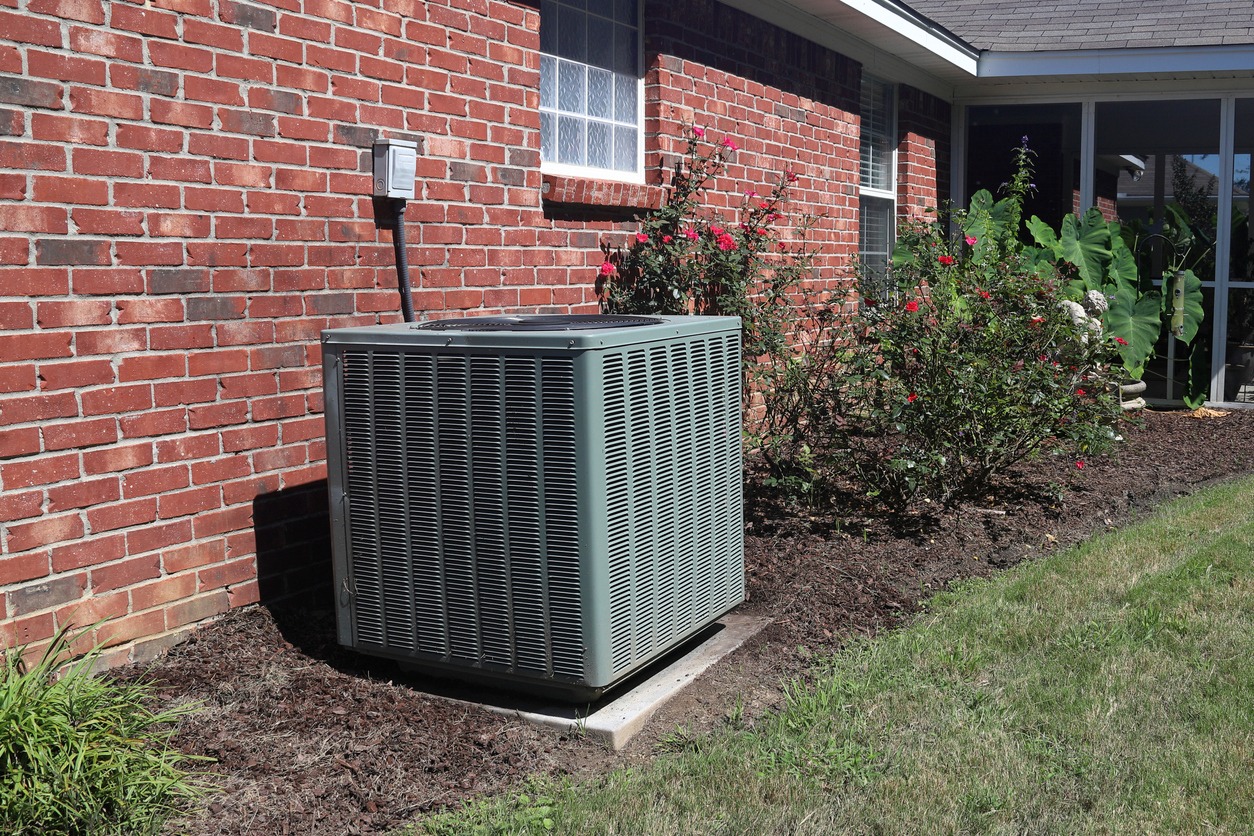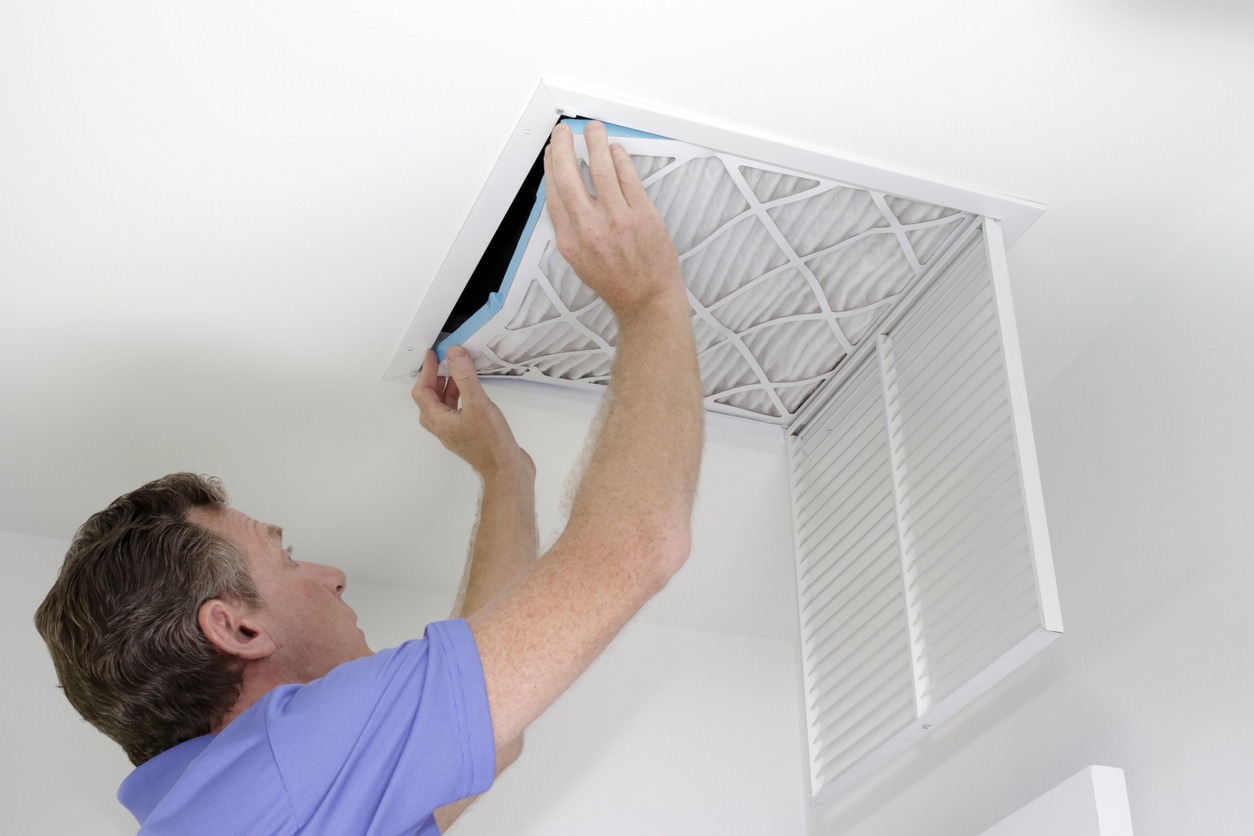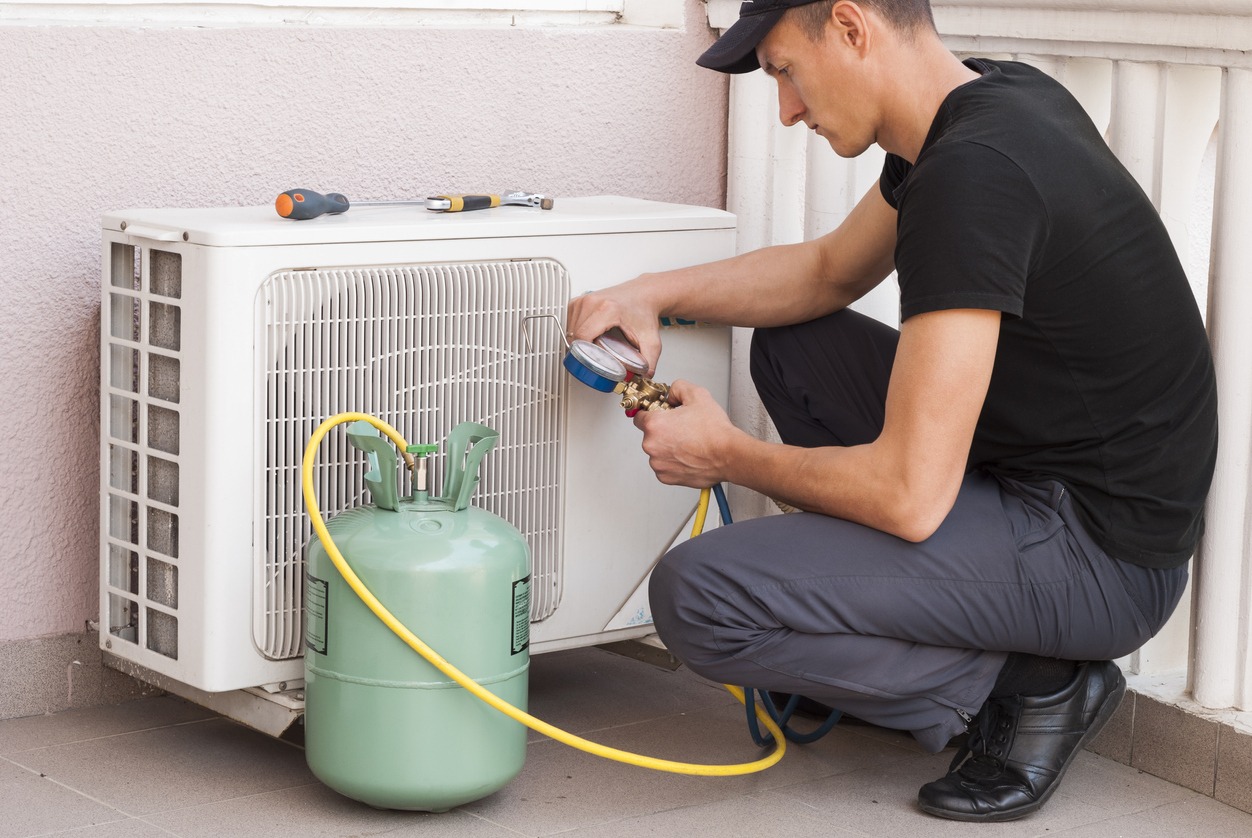The air conditioning compressor is the heart of your cooling system, and its well-being is crucial for a comfortable indoor environment. When a compressor overheats, it not only compromises your comfort but can also lead to significant system damage and costly repairs. Homeowners and business operators alike should be aware of the common causes that lead to this issue. This article will explore the various factors contributing to AC compressor overheating, providing insights into how you can prevent potential breakdowns and maintain an efficient cooling system. With a focus on practical solutions, we’ll delve into the importance of airflow, refrigerant levels, electrical components, and regular maintenance, ensuring you have the knowledge to keep your AC running smoothly.
Understanding AC Compressor Overheating
At the core of every home’s air conditioning system lies the compressor, a vital component tasked with propelling refrigerant through the system to facilitate heat exchange. Under normal conditions, this unit efficiently manages the heat from the environment, providing a cooling effect. However, when the compressor’s temperature soars beyond its designed operational limits, this can lead to a system halt or, worse, irreversible damage.
The origins of overheating are diverse, often stemming from a disruption in the compressor’s heat expulsion process or from scenarios that induce excessive thermal production. A common culprit is insufficient airflow around the unit, which can result in a thermal build-up. As we’ll explore, accumulations of grime and detritus on various parts can act as insulators, trapping heat and compounding the issue.
Beyond the impediments to airflow, a spectrum of internal complications can also elevate temperatures. Imbalances in refrigerant levels, whether excessive or insufficient, compel the compressor to exert additional effort. Additionally, electrical malfunctions or the natural degradation of mechanical parts can lead to an overburdened compressor.
Maintenance of the condenser coil is paramount, as its role in heat expulsion is critical. Neglected or failing parts can impede proper heat exchange, effectively bottling up heat within the system. Moreover, if the thermostat is not functioning correctly, it may cause the compressor to operate for extended periods unnecessarily, contributing to overheating.
As we delve into the specifics in the following sections, it’s essential to recognize that overheating is a multifaceted issue. A comprehensive approach to troubleshooting is crucial for pinpointing the root cause and implementing an effective solution.
Poor Airflow and Dirty Components
The efficiency of an air conditioning system hinges on the unimpeded flow of air. Constricted airflow can elevate internal temperatures, pushing the compressor into a state of overheating. One prevalent factor is a clogged air filter; laden with dust and debris, it hampers air movement, causing the compressor to labor intensively and generate additional heat.
Blockages of air vents and registers can also stifle airflow. Whether it’s furniture, drapery, or accumulated dust, these obstructions can diminish the volume of air reaching the compressor, thereby hampering its cooling capabilities.
Within the AC system, the cleanliness of components like the evaporator coils is also crucial. Coated in grime, their capacity to absorb heat diminishes, leading to reduced cooling efficiency and increased strain on the compressor, which may precipitate overheating.
The outdoor unit is not immune to airflow issues. Debris such as leaves or garden waste can obstruct the condenser coils, which are engineered to expel heat into the surroundings. When these coils are blocked, the process is stymied, resulting in the compressor retaining more heat than it should.
To stave off the risks associated with poor airflow and dirty components, regular cleaning and maintenance are indispensable. Homeowners can significantly mitigate the risk of compressor overheating by routinely replacing air filters and ensuring that both evaporator and condenser coils are devoid of obstructions and clean, thus maintaining optimal system performance.
Refrigerant Levels and Issues
The refrigerant is the essential fluid that circulates within an AC system, pivotal for heat exchange. Both a deficit and a surplus of this substance can lead to the compressor working overtime. When the system is undercharged, perhaps due to leaks or insufficient servicing, it struggles to absorb heat effectively, compelling the compressor to work harder and longer to cool the environment. This additional strain elevates the risk of overheating and can shorten the compressor’s lifespan.
Conversely, an overcharged system, burdened with an excess of refrigerant, can cause elevated compressor head pressures, culminating in undue heat generation. This scenario often stems from overenthusiastic servicing or miscalculated repairs. Maintaining the correct amount of refrigerant is crucial for preserving the delicate pressure balance that ensures the compressor operates efficiently and remains cool.
Complications may also arise from using an incompatible refrigerant type. Each compressor is engineered to function with a specific refrigerant, and deviations can disrupt the system’s chemical and physical harmony. Additionally, the inadvertent mixing of different refrigerants can result in cross-contamination, further jeopardizing system integrity.
To circumvent these issues, it’s imperative to have the AC system evaluated regularly for leaks and to ensure refrigerant levels are meticulously managed by certified professionals. They are also responsible for confirming that the appropriate refrigerant is utilized during servicing, safeguarding the system’s pressure equilibrium and averting compressor overheating.
Electrical and Mechanical Failures
Electrical and mechanical malfunctions within an AC unit can be significant culprits in compressor overheating. On the electrical side, capacitor malfunctions are common; these components are integral to the start-up and operation of the compressor. As capacitors deteriorate, they may fail to provide the necessary kick-start or continuous power, forcing the compressor to exert more effort and potentially overheat. Additionally, compromised electrical connections and wiring can lead to an erratic power supply, increasing resistance and diminishing efficiency, which in turn can cause the compressor to heat up excessively.
On the mechanical front, the internal workings of the compressor—such as bearings, valves, and pistons—can wear down over time. Degraded bearings may increase internal friction, causing the motor to heat up. If valves are not functioning correctly, they can impede refrigerant flow, disrupting the compressor’s ability to regulate pressure and temperature. Damaged pistons may also affect the compression cycle, leading to a rise in internal temperature.
To prevent these electrical and mechanical setbacks, regular inspections by qualified technicians are indispensable. They can identify and rectify any electrical issues or component wear before they escalate into serious problems. Being attentive to unusual sounds emanating from the compressor can serve as an early warning sign of mechanical wear, prompting a timely professional evaluation to forestall overheating and avert expensive repairs.
Condenser Coil Maintenance
The condenser coil plays a pivotal role in your AC system, acting as the heat dispatcher that sends the refrigerant’s absorbed warmth into the outdoor air. However, this vital process can be hampered by the accumulation of dirt, debris, and environmental pollutants. These unwanted layers act like a thermal blanket, trapping heat and preventing the coil from performing its cooling duties effectively. As a result, the compressor may overheat as it works harder to compensate for the reduced heat release.
In locales with a marine influence, the salty breeze can expedite the corrosion of condenser coils, further impeding their heat transfer capabilities and increasing the risk of overheating. Additionally, airflow can be stifled by bent fins on the coil, exacerbating the issue.
To circumvent these challenges, it’s essential to keep the coils clean and free from blockages. Professional servicing is advisable annually to inspect and rectify any coil complications. This service may include the realignment of misshapen fins using a fin comb and the application of a corrosion-resistant coating where appropriate.
Moreover, it’s beneficial to maintain a clear zone around the condenser unit, free from plants and debris, to enhance airflow and coil functionality. By prioritizing condenser coil care, you not only safeguard your compressor from excessive heat but also elevate the efficiency of your entire AC system.
Thermostat Functionality
The thermostat serves as the AC system’s navigator, guiding the start and stop of the cooling cycle according to your preferred temperature settings. A malfunctioning thermostat can cause the AC compressor to run incessantly, leading to not just a spike in energy usage but also an increased risk of overheating.
Inaccuracies in temperature detection can stem from a variety of issues, such as faulty sensors, improper placement, or calibration discrepancies. For instance, a thermostat exposed to direct sunlight or positioned near appliances that emit heat may deliver false readings, prompting the compressor to work beyond the necessary threshold.
To mitigate these potential pitfalls, strategic placement of the thermostat is key—away from direct heat sources and within a central area of the home for optimal ambient temperature detection. Ensuring regular calibration and maintenance of the thermostat will help maintain its precision. Modern advancements like smart thermostats offer enhanced control and more precise temperature management, which can alleviate undue stress on the compressor.
Routine attention to your thermostat, including replacing batteries, cleaning its components, and updating software for smart models, is a simple yet effective strategy to keep your AC compressor from succumbing to the perils of overheating.
Regular AC Maintenance
The cornerstone of a well-functioning AC system is consistent and thorough maintenance. By adhering to a regular service schedule, you can avert the risk of your compressor succumbing to the perils of overheating. This routine care involves a detailed examination and cleansing of pivotal components, including air filters, coils, and fins, which are instrumental in managing the compressor’s temperature.
Technicians with expertise will meticulously assess the refrigerant for adequate levels and absence of leaks, scrutinize the compressor for any indications of deterioration, and confirm that the thermostat is operating correctly. They will also ensure that the condenser fan is free from obstructions and functioning as intended. Additional preventive measures may include the lubrication of moving parts, securing electrical connections, and evaluating the ductwork to prevent energy loss.
This proactive approach not only safeguards the compressor from excessive heat but also uncovers emerging issues before they evolve into significant repairs. It enhances energy efficiency, which can translate into lower utility expenses, and elevates the overall performance and dependability of the AC system.
It is recommended for homeowners to arrange for professional AC servicing annually, ideally before the onset of warmer weather. In between these check-ups, homeowners can contribute to the upkeep by replacing or cleaning air filters periodically, following the guidelines set by the system’s manufacturer.
Embracing timely maintenance is your most effective strategy in protecting against AC compressor overheating, ensuring your system runs smoothly and efficiently.
External Factors Affecting Compressor Heat
The environment surrounding your AC’s outdoor compressor unit can significantly influence its temperature regulation. For instance, the unit’s exposure to direct sunlight can escalate its operational heat, especially during the sun’s zenith. To mitigate this, selecting a shaded spot for installation or constructing a protective cover that permits air movement can be beneficial.
The compressor’s workload is directly proportional to the ambient temperature; sweltering outdoor conditions can force it to operate for extended periods, increasing the risk of overheating. It is crucial to maintain adequate space around the unit to foster proper air circulation, which aids in heat expulsion.
Obstructions such as foliage, debris, or lawn cuttings can impede airflow and contribute to temperature build-up. Regular inspections and removal of such materials are necessary to maintain an unobstructed air passage.
Furthermore, the compressor’s proximity to heat-reflecting surfaces, like windows or metallic sidings, can intensify the thermal challenge. Positioning the unit strategically to avoid these areas can be instrumental in managing its temperature.
By addressing these external elements, you can enhance the compressor’s resilience against environmental heat sources, which, in conjunction with internal maintenance practices, ensures the AC system’s peak performance.
Useful FAQs for Troubleshooting AC Compressor Overheating
1. What are the leading causes of AC compressor overheating?
AC compressor overheating can result from various issues, including low refrigerant levels, dirty or blocked condenser coils, incorrect suction lines, insufficient ventilation, and electrical issues.
2. How does low refrigerant lead to AC compressor overheating?
When refrigerant levels in an air conditioner are low, the AC compressor works harder to maintain the desired temperature. The overwork results in excessive heat, causing overheating.
3. What role do dirty condenser coils play in AC compressor overheating?
Dirty condenser coils impede heat transfer, forcing the AC compressor to work harder and longer to cool the area, leading to eventual overheating of the compressor.
4. Why could incorrect suction lines cause AC compressor overheating?
Incorrect sizes or improper installations of suction lines can reduce the amount of refrigerant the compressor receives. This imbalance makes the compressor work harder and may cause overheating.
5. How does insufficient ventilation contribute to AC compressor overheating?
Absence of adequate ventilation around the air conditioning unit forces the compressor to increase the cooling process’s energy consumption and overstrain itself, leading to overheating.
6. Can electrical issues cause AC compressor overheating?
Yes, electrical issues such as faulty wirings can lead to inconsistent power supply, causing the compressor to overheat due to overwork and strain on the unit.


